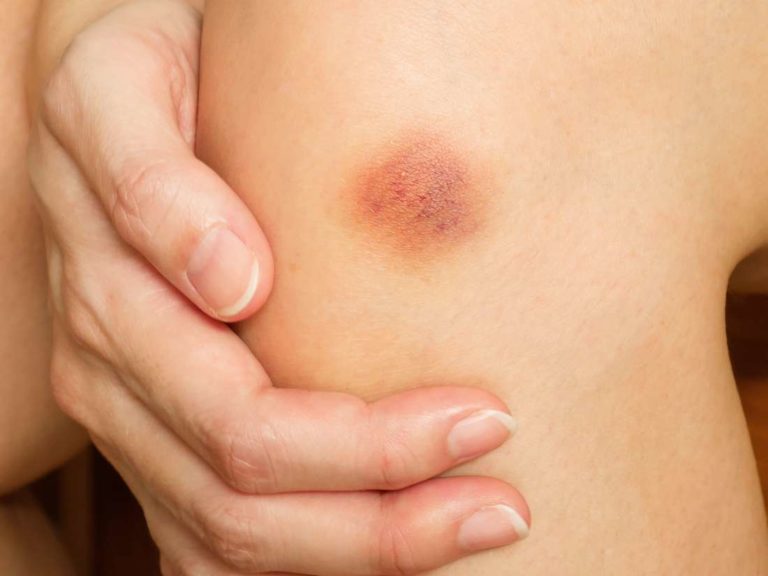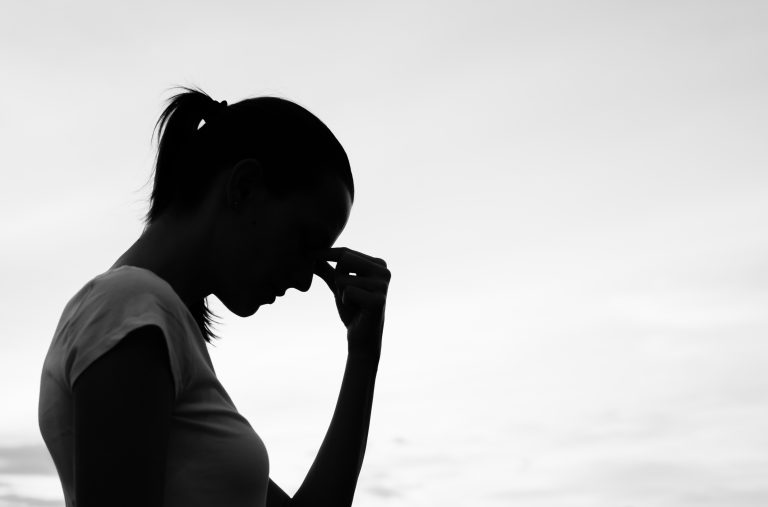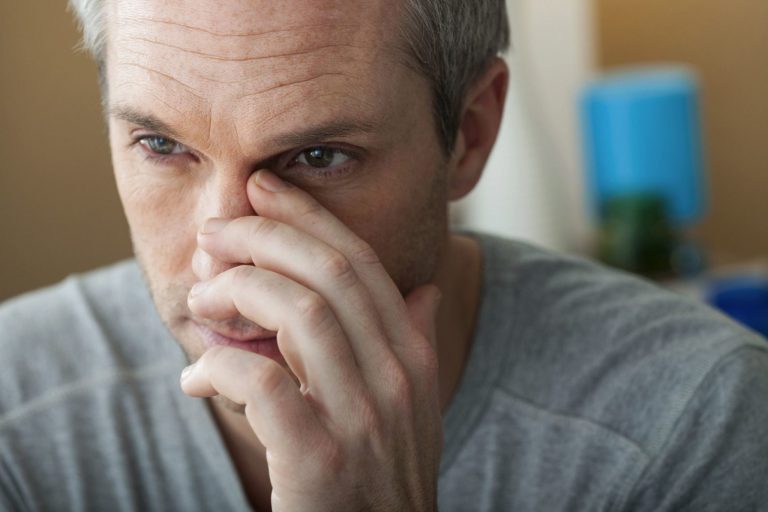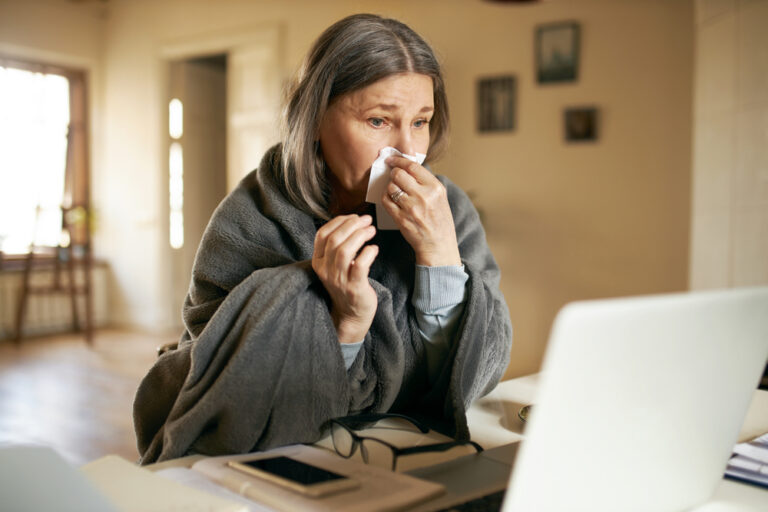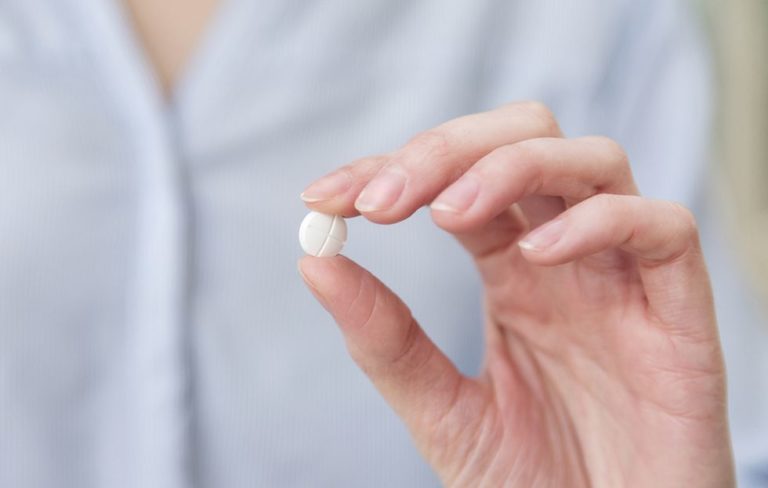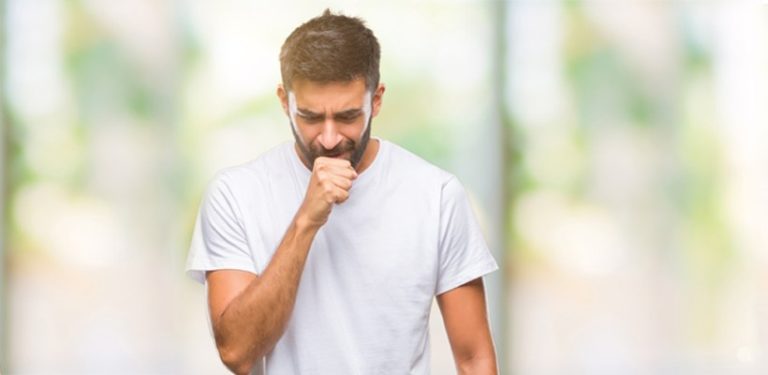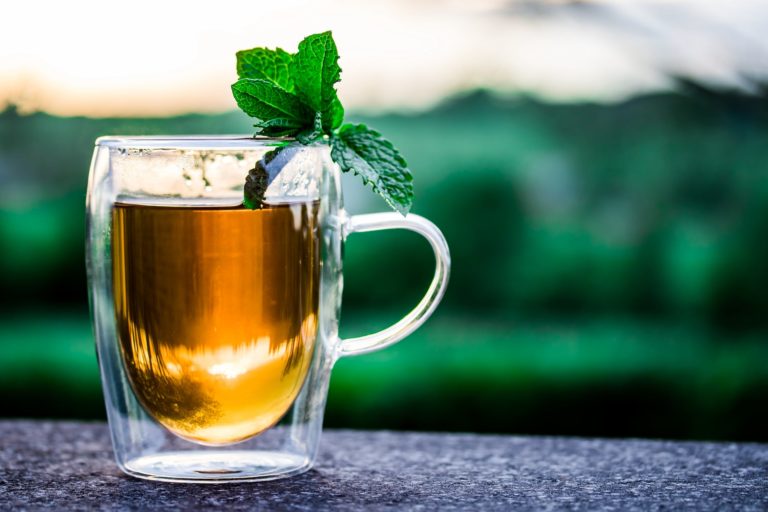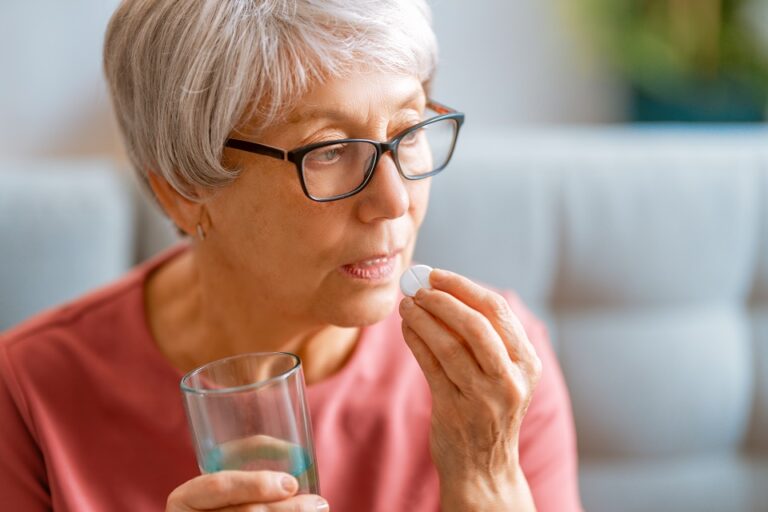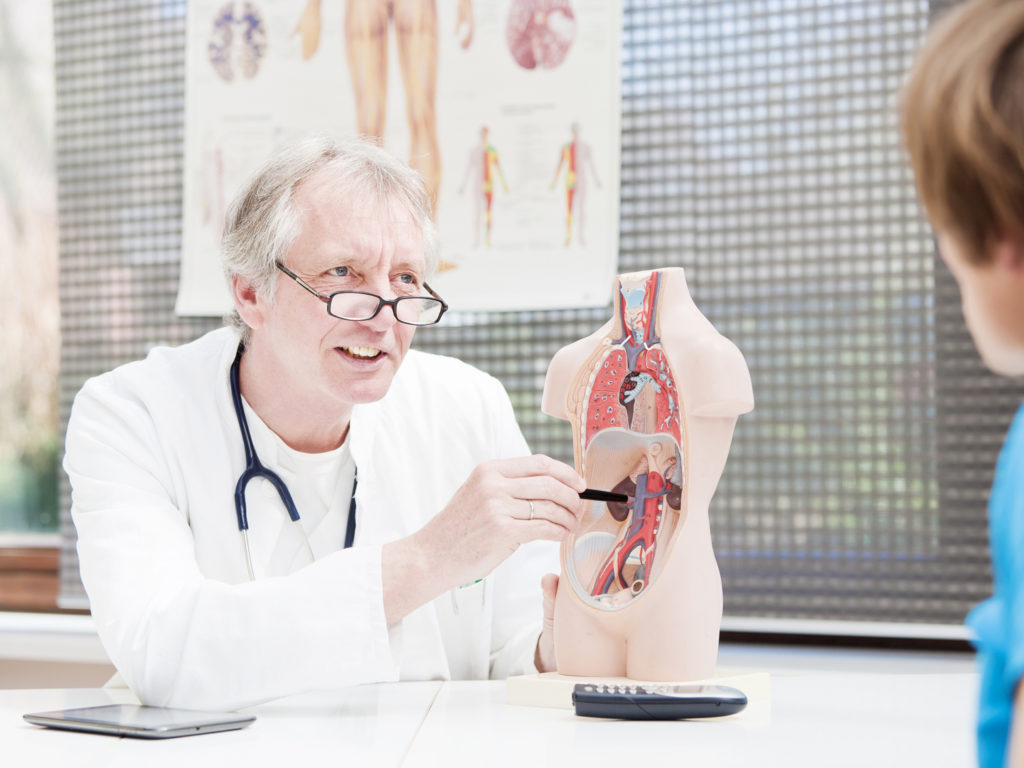
Kidney stones are deposits made of salts and minerals that form in your kidneys. They have many causes and can affect any part of your urinary tract. In the United States, kidney stones send more than 500,000 people to the emergency room every year, according to the National Kidney Foundation.
If you or a loved one have kidney stones, you will find useful this article–check out the frequent questions and answers about kidney stones, all explained by urologist Eric Askeland!
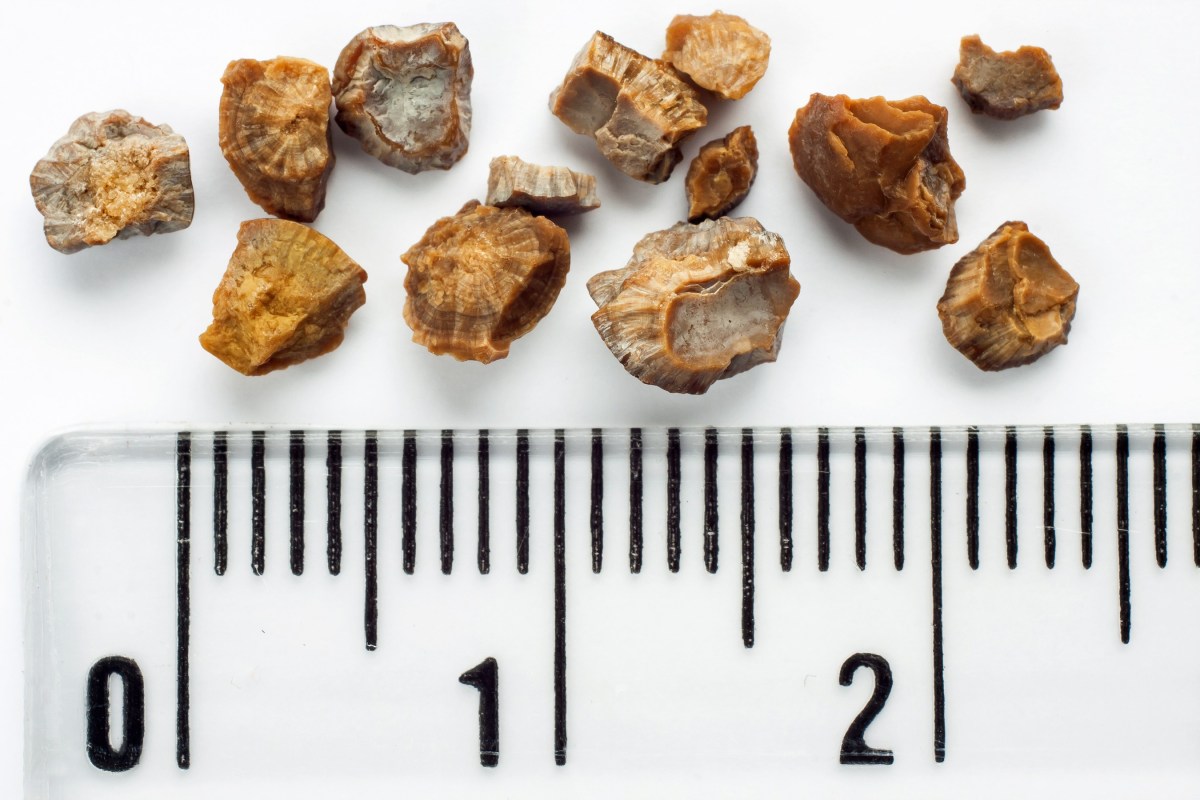
How do you get kidney stones?
They begin when urine becomes supersaturated, resulting in the formation of salts, which develop into crystals. Once a crystal is formed, it spurs more crystal formation, resulting in growth and eventually formation of a kidney stone.
What do kidney stones look like?
75 percent of kidney stones are calcium-based. But, no matter the type, most stones are treated the same.

What causes kidney stones?
The two biggest risk factors are diet and genetics, but there are several others to consider:
- Gender: Men are two to three times more likely to develop kidney stones than women.
- Race: Caucasians are more likely to get stones.
- Age: Stone occurrence impacts people aged 35-45.
- Chronic dehydration: Low fluid intake
- Presence of metabolic syndrome: A condition characterized by a cluster of disease processes including high blood pressure, high blood sugar, excess body fat and abnormal cholesterol levels.
Can you prevent kidney stones?
We recommend dietary modifications in all patients with a history of kidney stones to prevent recurrence. In certain instances, patients can undergo metabolic testing to aid in identifying a cause for recurrent kidney stone formation.
This testing involves blood tests and a urine collection test to identify abnormalities we can target with dietary modifications or medications to prevent or delay the formation of new kidney stones. Talk with your provider if you’re concerned about stone formation.
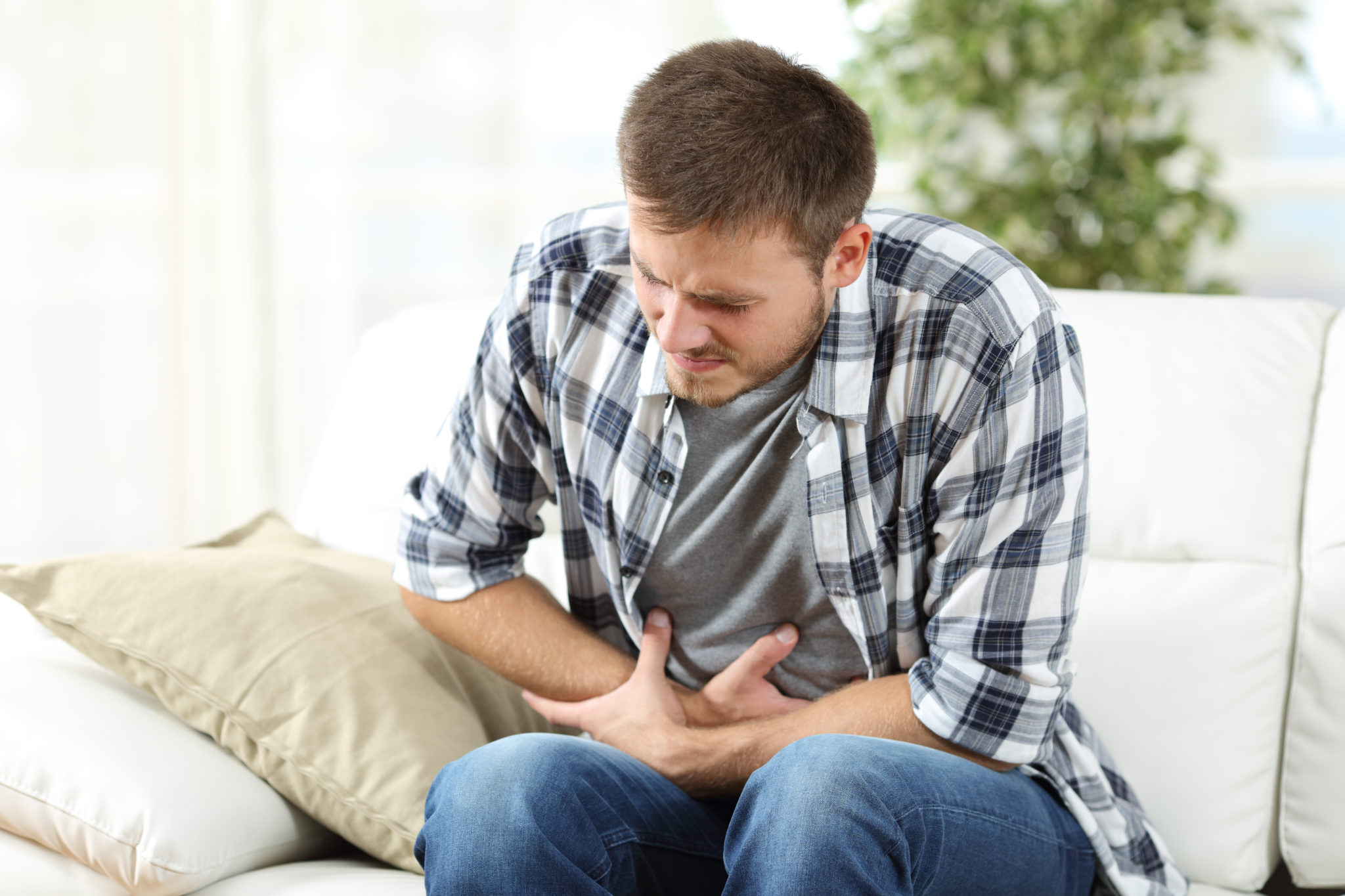
What are the symptoms of kidney stones?
Kidney stones don’t cause pain until they block the flow of urine. Typically, patients come to the ER complaining of pain radiating from their flank region around the abdomen and toward the groin, depending on the location of the stone. Patients also frequently have nausea and vomiting associated with the pain.
We become more worried when patients come to the ER with a fever or concern for infection. This occurs when patients develop a urinary tract infection (UTI) on the obstructed side of the stone. In these cases, treatment is a relative emergency because antibiotics alone will not adequately treat the infection if the infected urine cannot drain.
What does kidney stone pain feel like?
Many women compare the pain of kidney stones to the pain of childbirth. It’s actually not the stone itself causing the pain, but the obstruction in the urinary tract blocking the flow of urine. The pain from a kidney stone can vary because pain itself is subjective. It is also a common misconception that kidney stones are more painful to men than women.



